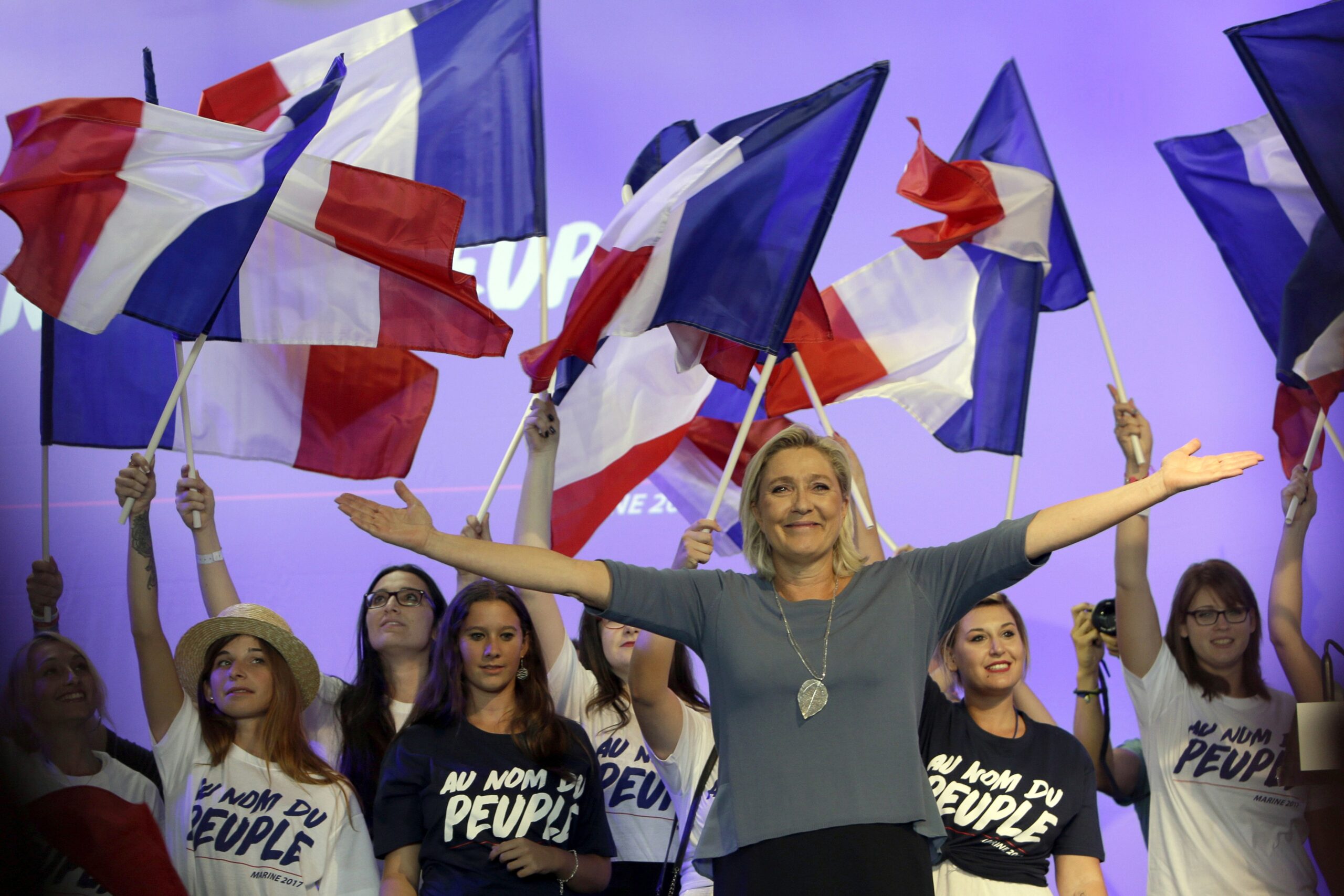Brexit. Donald Trump. Marine Le Pen. Narendra Modi. The list of populist leaders and movements that have emerged in recent years goes on, pushing back against the established order in ways that were unthinkable to some a decade ago.
Journalists and political scientists alike have offered up takes on what may have caused the populist backlash, touching on economic inequality, immigration and national identity, even to rapid changes in social values. Novelist and essayist Pankaj Mishra argues to understand the roots of modern populist upheavals, we have to look to the Enlightenment.
In Mishra’s “Age of Anger,” a meticulously researched and erudite history of the modern world, he traces these modern events back to a fundamental shift in the 18th century, when Enlightenment values — equality, liberty, the pursuit of wealth and intellectual sophistication — replaced the church and monarchical hierarchies that governed society for centuries.
Stay informed on the latest news
Sign up for WPR’s email newsletter.
It suddenly seemed possible anyone with talent could achieve the level of social standing and success that previously had been limited to a privileged few.
No longer supported and bounded by obligations to family and community, rationally self-interested people saw themselves as endowed with inalienable rights. However, as Mishra points out, this shift set up unachievable expectations which, when left unmet, stirred deep feelings of humiliation and resentment among those who saw themselves as somehow left out of the spoils of progress.
A Philosophical Dispute
In Mishra’s telling, the divide between the haves and have nots in society are best illustrated by the rivalry between the Enlightenment philosophers Voltaire and Jean-Jacques Rousseau.
“In many ways they kind of map onto our contemporary divisions between the metropolitan elites and the angry disaffected masses,” Mishra said.
The two philosophers had diametrically different visions on how to organize society. Voltaire believed in structuring society in ways that allowed ambitious young men of talent and intelligence the ability to rise to power. An ardent free market individualist, he favored a strong central authority to act as a bulwark against the influence of the old aristocracy and clergy.
Rousseau, by contrast, condemned society based on the self-interest imagined by Voltaire, considering it a recipe for class conflict, moral chaos, social decay and despotism.
“Rousseau (was) an outsider in Paris who felt slighted and humiliated by this glamorous world of Parisian elites,” Mishra said. “He thought these new ideals of status, wealth, vanity and competitiveness were going to leave human beings extremely unhappy and cause deep internal conflicts, which turns out, he was not entirely wrong.”
A Growing ‘Sameness’
For Mishra, too many of the world’s disputes have been viewed through the lens of ideological difference. The War on Terror, for instance, has frequently been invoked as a battle pitting radical Islamic State fundamentalism against the west. In fact, Mishra sees much in common between the IS and the kind of nationalist movements gaining ground in Europe, considering them all counter-reactions to the kind of modern society articulated by Voltaire.
“We have to look beyond binary oppositions: Islam versus the west, Liberalism versus Islam, or the west versus the east,” Mishra said. “We have to really start thinking of the world as constituted by sameness. And so if you’re a white nationalist in the United States or in Scandinavia, or if you’re a unemployed Muslim graduate in Egypt or a poorly paid wage slave in India, what unites all these experiences is a sort of shared feeling of powerlessness, of humiliation, of marginality of exclusion.”

